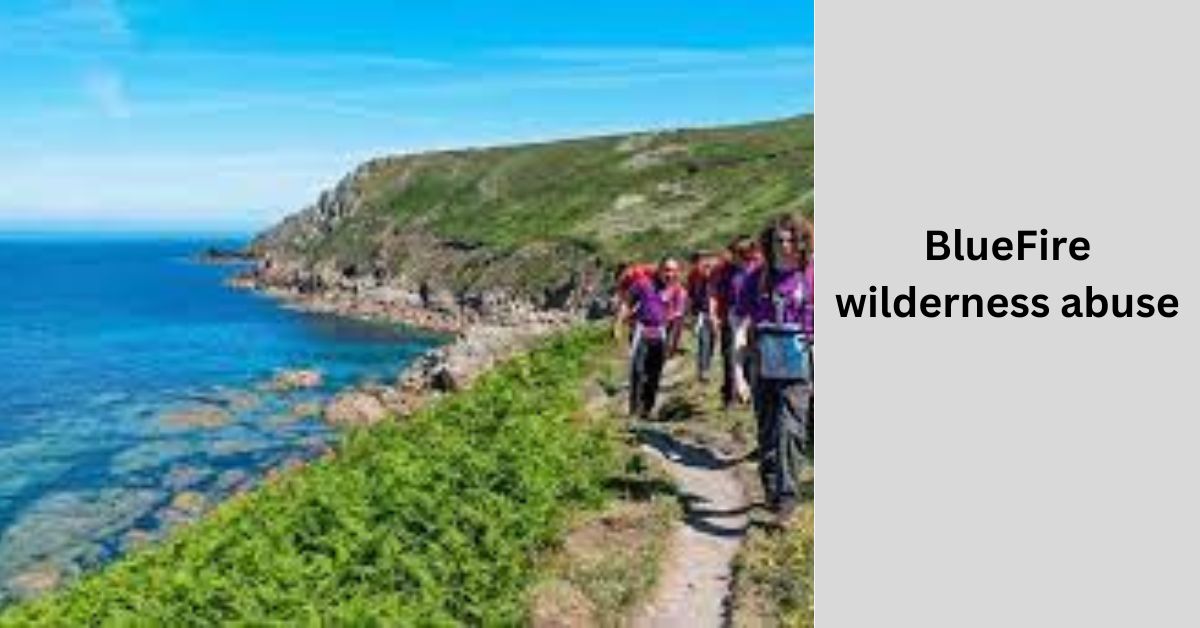
BlueFire wilderness abuse
BlueFire Wilderness Therapy, an Idaho-based company, has gained attention for its nature-based approach to addressing behavioral issues in troubled teenagers.
While the concept of nature therapy has its merits, allegations of mistreatment, controversies, and concerns have surfaced regarding blueFire and similar programs.
This article Bluefire Wilderness Abuse explores the reported abuses, the absence of lawsuits, and the potential impact of legal actions on the industry.
Table of Contents
Allegations of Mistreatment:
Attendees of BlueFire Wilderness Therapy and similar programs have reported various forms of mistreatment. Stories include participants being forced to overexert themselves, endure extreme conditions, and face physical and emotional trauma. Instances of manual labor, lack of access to proper hygiene, and claims of beatings and sexual assaults have raised significant concerns.
The Lack of Lawsuits:
Despite the numerous complaints and controversies, there is no evidence of official lawsuits filed against BlueFire Wilderness Therapy. This absence raises questions about the effectiveness of legal channels in addressing these issues. Some sources hint at potential legal action, but as of now, no formal cases have been documented.

The Role of Lawsuits in Driving Change:
Legal actions, such as lawsuits, could potentially bring about a cultural shift in how wilderness therapy programs are perceived and operated. Families filing lawsuits against blueFire and similar camps could expose the alleged abuses to a wider audience, challenging the positive testimonials typically found on camp websites. This transparency may guide parents towards safer alternatives and help destigmatize mental health treatment.
Breaking Stigmas and Protecting Vulnerable Individuals:
Lawsuits against wilderness therapy camps have the potential to break stigmas associated with mental health treatment. By shedding light on safe and effective resources, legal actions could address the reluctance of 36.9 percent of individuals with anxiety to seek treatment. Additionally, national conversations spurred by lawsuits could protect vulnerable children and teenagers from further traumatization, challenging the use of shame as a teaching method.
Success Rate of Wilderness Therapy:
While the success rate of wilderness therapy appears positive based on camp reviews and self-reported behavioral improvements, concerns about the reliability of these assessments persist. News articles, personal experiences, and instances of suicides, homicides, or neglect during therapy raise doubts about the true effectiveness of these programs.
Conclusion:
The controversies surrounding BlueFire Wilderness Therapy and similar programs highlight the need for increased scrutiny and awareness. The absence of lawsuits against blueFire raises questions about the effectiveness of legal recourse in addressing the reported mistreatment. Legal actions could potentially catalyze change, protecting vulnerable individuals and guiding parents toward safer alternatives.
FAQs:
1. Are there any lawsuits against BlueFire Wilderness Therapy?
As of now, there is no evidence of formal lawsuits filed against BlueFire Wilderness Therapy. The absence of legal actions raises concerns about the accountability of such programs.
2. What impact could lawsuits have on the wilderness therapy industry?
Lawsuits could bring mistreatment allegations to national attention, guiding parents towards safer alternatives and challenging the stigma associated with mental health treatment.
3. Is wilderness therapy effective in addressing behavioral issues?
While some positive outcomes are reported, concerns about the reliability of self-reported success and instances of mistreatment raise doubts about the overall effectiveness of wilderness therapy.
Understand vsync on or off In 2024
You May Also Like

Mexico 97575734 – Trademark Insights and Importance!
January 28, 2025
Explosion LH3 – Causes, Effects, and How to Prevent It!
January 2, 2025

Average Rating